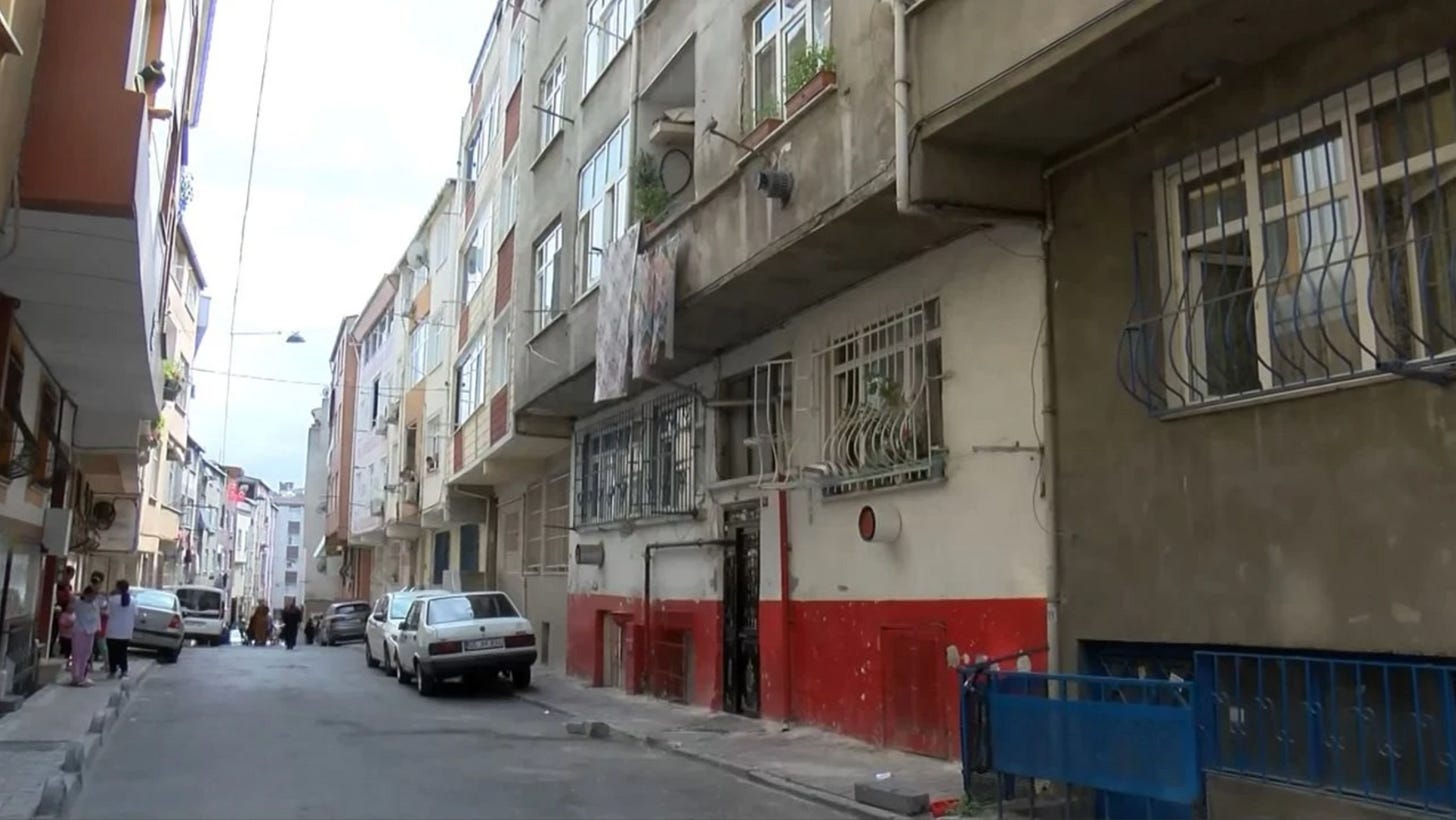Hi folks,
I come to you today from Princeton University, where I gave a talk as part of my mini-book tour.
But I almost didn’t make it on this trip.
A couple of days ago, I reached the gate for my JFK flight at Istanbul airport, sat down, opened up my laptop. Just as I was going through my emails, I heard a tremendous rumbling sound coming from somewhere in the back of the building, and then the whole place started to shake.
My first thought was that it might be a terror attack of some kind. I have to admit that for a split second, I was intrigued. Since the 2016 coup attempt (maybe before then as well), I often daydream about what it’d be like to experience various extreme political events.
I then realized that it was an earthquake, which was far more frightening. If this was how the airport was shaking, I knew it’d be much worse in downtown Istanbul. My wife and baby daughter were there.
I don’t have the words to describe my feelings in that moment. We don’t live in Istanbul, but we do visit family there, and every time we do, I have a knot in my stomach about the major quake experts keep predicting. I’m old enough to know that bad things happen, and sometimes they happen to you.
It turns out the quake was big (6.2), but at ten seconds, it was too short to do real damage. My family was fine, but like many others, they fled to a local park and waited for the aftershocks to subside. I decided it was pointless to try to make it into the city, but plunged into frenetic activity on my phone, looking at places my family might go, texting relatives in safe districts, checking traffic reports, and trying to make impossible calculations about building security and the likelihood of anything else happening.
Because what do you do after an event like this? The impulse many people have is to go to parts of the city or country that they know are safe. But how long do you stay there? A night? Two? And then what?
Many people who live in flimsy buildings rationalize their situation. They tell themselves that the building is stronger than it looks (“my uncle watched it being built, and he said they mixed the best cement he’s ever seen” etc.) They pick and choose among conflicting expert predictions about their area, or simply claim that there’s nothing anyone can do. I guess it’s easy for me to look down on it, but I understand that people want to avoid the immensely disruptive implications the earthquake has on their lives.

The reality, of course, is that Istanbul is a city living on the precipice of mass death. Just two years ago, a huge earthquake in the south-east of the country officially killed at least 53,000 people, and unofficially probably many more. Those places are sparsely populated in comparison. Istanbul is a city of about 16 million people, but considering the amount of illegal immigration, as well as the surrounding cities now bleeding into Istanbul, we’re talking about something like 20 million. Much of the building stock are death traps. If that earthquake had gone on a few more seconds, we could have been in an unprecedented disaster.
Only hours after the quake though, the city just snapped back into normality. People went back into their homes, politicians blamed each other for negligence, and my relatives were talking about what to make for dinner (fish!).
And that was it.
I increasingly find that events like trade wars, technology, political fragmentation, or natural disasters are just too big to wrap our heads around. We still try to, it doesn’t work, and we end up reverting to our current version of normality.
Will my family and I visit Istanbul again after this? I don’t want us to, but we just might.
If you like reading my newsletter, please consider becoming a paid subscriber. It’s the cost of a nice cup of coffee per month, and it gets you perks like the semi-weekly “Notebook” letters, as well as full podcast episodes. I’m getting closer to making Substack my main source of income, and every subscription helps me devote more time to this blog. Sign up or upgrade below!



